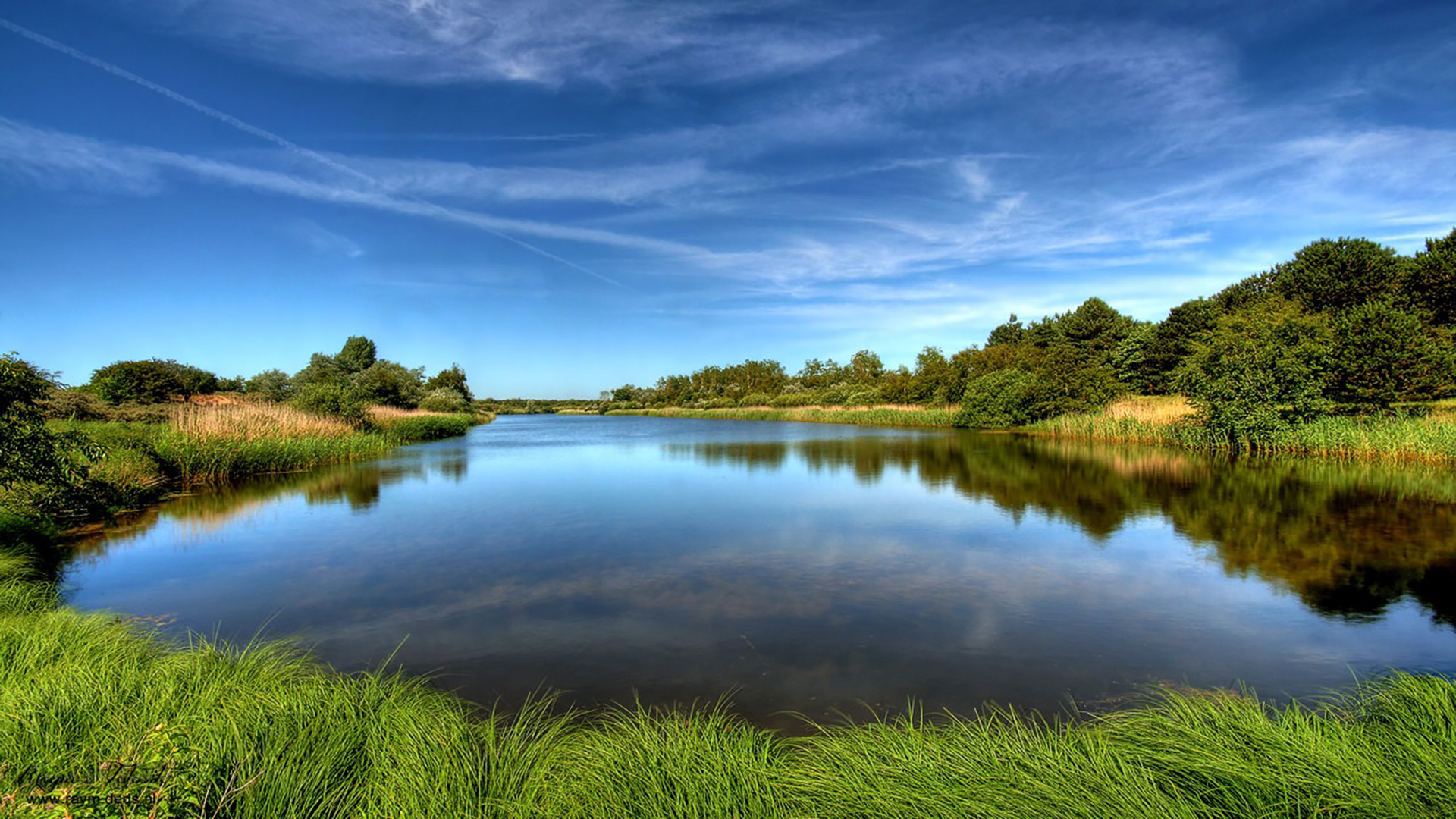01-11-2021
Investigating invasive non-native species impact on the environment for the UK Water Utilities
Invasive non-native species (INNS) of flora and fauna are considered the second biggest threat, after habitat loss and destruction, to biodiversity worldwide. In 2010 the annual cost of INNS to the UK economy was estimated to be in the region of £1.7 billion per year, of which around £5 million was attributed to water industry management of INNS. However, the recent UK Water Industry Research (UKWIR) project, ‘Invasive Non-Native Species Implications on the Water Industry’ has added to the evidence available to water companies on the impacts of INNS and future impacts of climate change are expected to increase the risk to the industry.

Developing green infrastructure
Royal HaskoningDHV works globally to provide resilient green infrastructure for water authorities and utilities, specialising in developing sustainable low-impact solutions to protect biodiversity. Royal HaskoningDHV offers research and investigation into the impact of INNS on the UK water industry’s assets. This work has the potential to provide a significant step towards mitigating the risk of transfer of invasive species in the network and so protect the biodiversity of the local environment.Providing nature-based and engineered solutions
The work includes desktop risk assessments and options appraisals. This enables a better understanding of the nature of the risk they pose across the water asset base and how best this may be mitigated through both nature-based and engineered solutions. The opportunity to better understand the ecology of the catchment and intervene at source allows for solutions that can provide both amenity value and enhance natural capital.Meeting the EU’s WFD objectives
Paul Lavender, Director Water Utilities, UK Water at Royal HaskoningDHV explains: “New and existing INNS pose a threat to achieving the EU’s Water Framework Directive (WFD) objectives. Over 70% of WFD water bodies are at risk of deterioration due to INNS pressures by 2027. This is an issue across the UK and needs to be taken seriously. For example, plants such as Japanese Knotweed in the network can cause untold problems including blockages, increasing the risk of flooding. Our aim is to find creative ways to enhance society together by protecting biodiversity and sustaining natural capital whilst minimising the cost to the water industry”.For further information on INNS investigation or any other research opportunity where we can ‘enhance society together’, please contact us:
Got a question?
Contact our Water Technology experts!